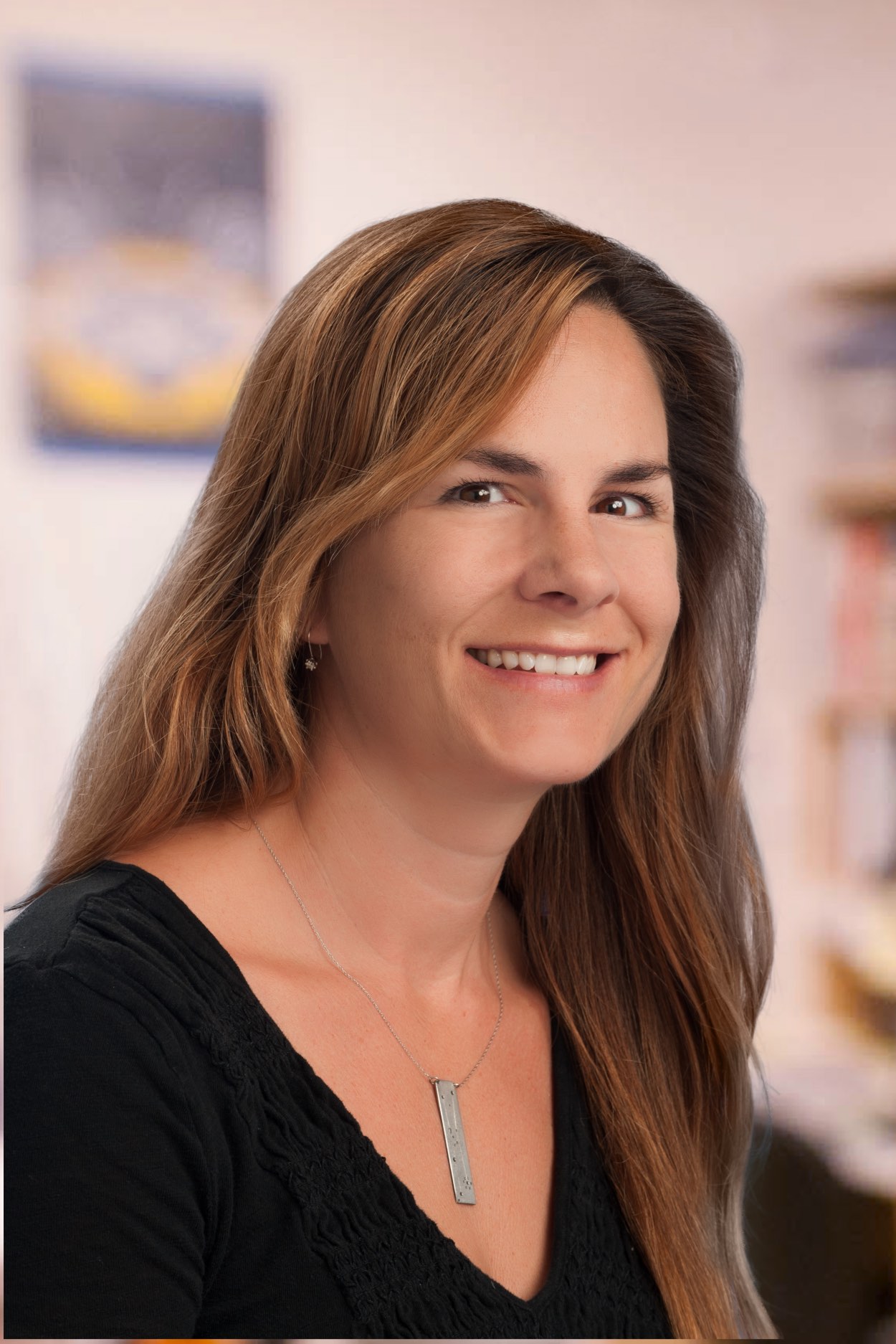Amy Pasquinelli Selected for Grant to Study the Role of Toxic RNA in Aging
Funding will support research on the mechanisms behind changes in RNA quality control

Professor Amy Pasquinelli
May 29, 2024
By Mario Aguilera
UC San Diego School of Biological Sciences Professor Amy Pasquinelli has been awarded a grant from the Hevolution Foundation to support research on aging.
Pasquinelli, a scientist in the Department of Molecular Biology, conducts research on microRNAs, molecules that help control gene expression and influence a range of biological processes.
Pasquinelli’s lab and others have shown that changes in RNA regulation can reduce healthspan and longevity. Chemically damaged, or “toxic RNAs,” have been known to accumulate in aging tissue, yet their root causes and extent are not well understood. With support from the Hevolution Foundation, Pasquinelli will investigate the causes and consequences of aberrant RNA accumulation during organismal aging.
With science’s emerging capabilities to target specific RNAs and use RNA as a therapeutic tool, Pasquinelli believes the need to study the mechanisms of RNA quality control in the context of aging organisms is urgent. Under the new grant, her lab will study Caenorhabditis elegans (C. elegans), a tiny roundworm that serves as a model organism for human similarities.
“By identifying potentially toxic RNA species in aging C. elegans, we have the ability to investigate how they are generated, the impact on longevity and mechanisms to counteract their negative effects,” said Pasquinelli. “With our expertise in RNA biology, this new focus on toxic RNA aims to fill a knowledge gap in aging research and inspire new strategies to promote healthy aging.”
By 2050, reports indicate that the global population over 60 years old will double to 2 billion people. Pasquinelli’s grant is one of 49 awards bestowed under the Hevolution Foundation’s Geroscience Research Opportunities Program to institutions across the United States, Canada and Europe.
“These 49 important research projects represent a significant step forward in deepening our understanding of healthy aging,” said Dr. Felipe Sierra, Hevolution’s chief scientific officer. “Hevolution's prime objective is to mobilize greater investment around uncovering the foundational mechanisms behind biological aging. We are steadfast in our belief that by examining the root causes of aging, rather than solely focusing on its associated diseases, we can usher in a brighter future for humanity.”
— With information from the Hevolution Foundation